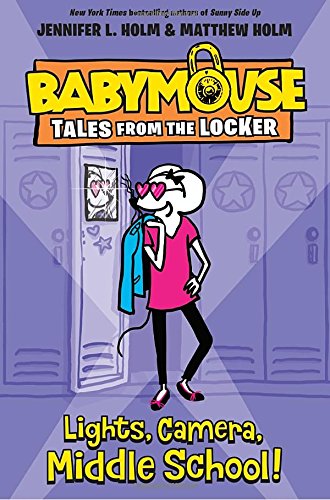KING KIRBY DIRECTOR'S NOTES
by William Keith Cassidy
I have a confession to make. As a kid, I never really liked Jack Kirby’s artwork.
When
I started collecting comics, the artist everyone was talking about was
Neil Adams. I quickly became a Neil Adams super-fan. Jack Kirby’s (to my
untrained eye) blocky and cartoony layouts just never measured up to
Adams’ smooth, flowing compositions, which featured subtle, realistic
facial expressions as well as a detailed knowledge of musculature and
anatomy. I actually thought Kirby’s work was ugly by comparison…How
foolish I was.
As I grew older and (at least a little)
wiser, I began to learn how misplaced my first impressions were. Comic
art is about moving the story forward and no one did that better than
Jack Kirby. Every panel of a Kirby comic is packed with as much emotion
as the scene required. When a Kirby hero punches a villain, it’s not
just his fist landing on the miscreant’s face, but rather his whole body
exploding off the evil-doer’s chin sending him flying backwards.
Kirby’s use of depth makes his work appear three dimensional as he often
has characters break the frame of the panel. There may have been better
artists working in superheroes over the years (Neil Adams among them,)
but I argue that there has never been a better illustrator than Jack
Kirby.
I found this script while browsing at the Drama
Book Shop in New York. I was intrigued that someone had written a play
about Jack Kirby, and after I read it was very excited to stage it. Two
of my greatest passions are theatre and comic books and I was thrilled
to be able to merge the two interests into one project.
Off
The Quill was the first and only company I thought of. I knew from the
first reading that I wanted to tell the story with a great deal of
theatricalism and movement. OTQ has proved quite adept at such stagings
in their young history. Also, having acted in productions with many OTQ
people before, I knew that they would provide the camaraderie and
collaboration, necessary to produce this play in accordance with my
vision. I told Patrick Mullen up front, “You guys are better at this
than me. I’m really depending on you to nail down the movement aspects
of this show.” I was not disappointed.
From my first
production meeting, we were all in agreement that the art should be the
center of the production and would incorporate projections of Kirby’s
work throughout the show, not only to give the audience an appreciation
for his genius, but also to illuminate how Kirby’s life influenced his
work. The goal was to have the projections, when they were used, take up
several locations. They would not just appear on screens, but on the
walls and floors, literally turning the stage into a giant comic book.
From
the very first auditions, the actors in this show have been a
tremendous joy to work with. There was not one rehearsal after which I
did not leave feeling artistically satisfied. Every day, they find
something new in their characters. There are many aspects associated
with this production that I will forever have fond memories of, but
working with this enormously talented group of actors, led by the
incredible Josh Mooney in the title role, certainly tops the list.
One
final note to all of you Stan Lee fans (and I consider myself one,)
this play reflects Jack Kirby’s version of their working and personal
relationship. Stan’s memories are quite different. Many comic book
historians take one side or the other…or somewhere in the middle.
However, I feel that the playwrights committed to telling JACK’S story
and we have to respect that. One thing EVERYONE agrees on, is that Jack
never received as much credit as he deserves. Even Stan says so. I
invite you all to do your own research and draw your own conclusions.
Hopefully,
after seeing our production, audiences will have a greater appreciation
of Jack’s contributions, both in creating the Marvel Universe and in
promoting the art of graphic storytelling.
He was the KING!


















